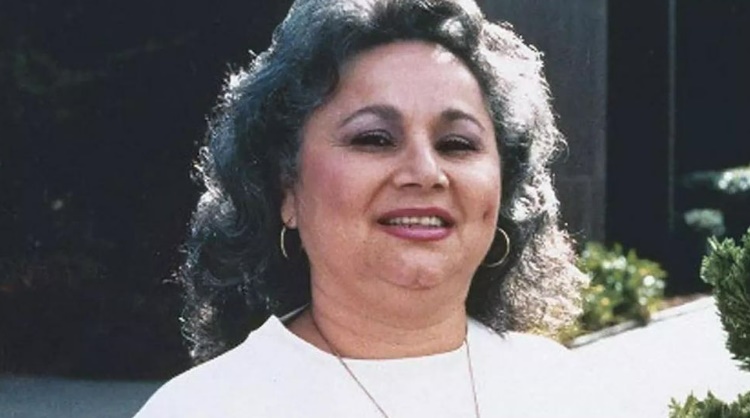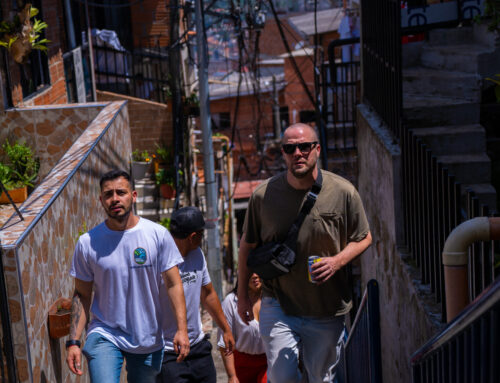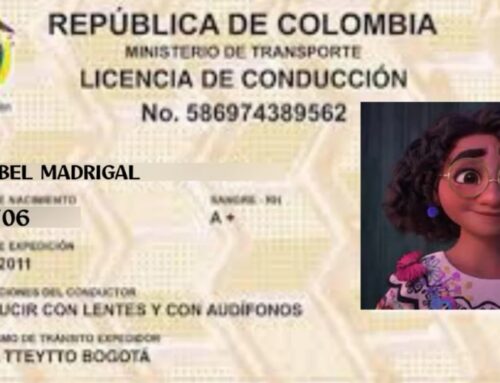
Griselda Blanco. The name used to echo through the streets of Miami, sending shivers down spines and prompting hurried steps in the opposite direction. “The Cocaine Godmother,” they called her. But lately, with shows like Netflix’s “Griselda” revisiting her story, a nagging unease settles in. Is the media airbrushing the image of these notorious drug lords?
Griselda Blanco wasn’t exactly a character you’d find yourself cheering for. Born into poverty in Colombia, her life was a harsh melody from the start. Whispers paint a chilling picture of her involvement in a kidnapping at the tender age of eleven, a foreshadowing of the darkness that would engulf her future. By her twenties, she’d fled to Miami, where she scaled the drug trade ladder with a speed that left others breathless. Intelligence, undeniably. But also, a ruthlessness that sent shivers down spines. Anyone who crossed her, even in the slightest way, risked ending up a forgotten statistic. That’s how she became “La Madrina,” a name synonymous with violence, a legend that sent chills down spines.
Yet, recent portrayals paint Griselda in a different light. They delve into her personal life, showcasing her sharp mind, her ambition, even glimpses of a vulnerability one wouldn’t expect. And therein lies the danger. Because let’s face it, the designer clothes and the power struggles are flashy. They distract from the horrifying reality – the countless lives lost in bloody turf wars, the families shattered by the addiction fueled by her cocaine empire. The narrative shifts, transforming a cold-blooded criminal into a “powerful businesswoman.” It feels like they’re sanitizing her story, erasing the ugly parts with a narrative airbrush.
Sure, shows about drug lords can be thrilling. They offer a glimpse into a world of high stakes and adrenaline-pumping escapes. But they have a responsibility, too. They need to depict the violence, the devastation left in the wake of these figures. They need to remind us of the blood on their hands, the communities they leave reeling. Only by acknowledging the full picture can we develop a nuanced understanding of these complex characters, not just be dazzled by their supposed power.
Because the truth is, shows like this can influence people, especially younger viewers. If they glorify the drug trade without acknowledging the consequences, it risks normalizing a dangerous and destructive world. The media has a chance to use these portrayals as cautionary tales, highlighting the price paid for the “glamorous” life of a drug lord. By offering a balanced and human perspective, the media can play a role in educating viewers about the realities of the drug trade while ensuring that figures like Griselda Blanco are remembered not for their power, but for the devastation they caused.




